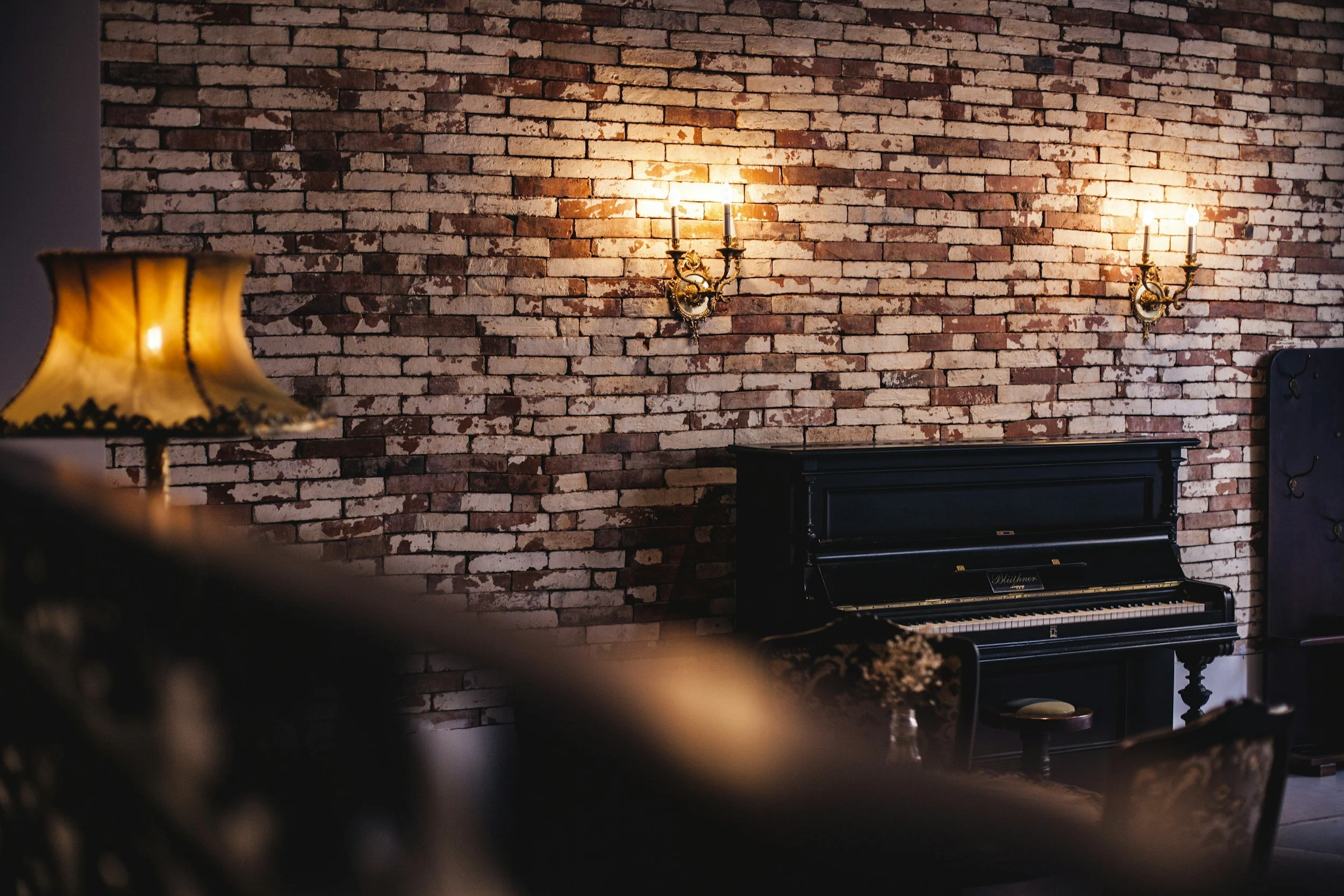Hearing Clearly Again: Simple Steps to Restore Your Sound Quality
Hearing loss is a common issue that affects millions of people worldwide, and its impacts can be significant. Whether it’s due to aging, exposure to loud noises, or other underlying health conditions, losing the ability to hear clearly can drastically affect your quality of life. Struggling to understand conversations, missing out on important sounds, or simply feeling disconnected from the world around you can be frustrating. However, there are several simple and effective steps you can take to restore your sound quality. This guide will help you understand those steps and offer practical solutions to help you hear again.
Step 1: Schedule a Professional Hearing Test
Scheduling a professional hearing test is the crucial first step in addressing any hearing issues you may be experiencing. Many people are unaware of the gradual decline in their hearing, and a test can help determine the extent of the problem. During this test, an audiologist will assess your hearing and identify potential causes, such as earwax buildup. This can often be resolved through ear wax removal specialists as these professionals can safely remove blockages that may be affecting your hearing. If the issue is more complex, the hearing test will guide further treatment options, including hearing aids or medical interventions. Early diagnosis is essential, as it can prevent further deterioration and significantly improve your sound quality over time.
Step 2: Consider Hearing Aids
If your hearing test reveals a significant degree of hearing loss, hearing aids may be recommended as a solution. Hearing aids are small electronic devices that amplify sounds, making them easier for your ears to pick up and process. Modern hearing aids come in a wide variety of designs, ranging from those that are barely noticeable to more traditional styles, ensuring there is an option that fits your lifestyle and personal preferences.
Hearing aids have advanced considerably in recent years. Today’s devices feature digital technology, wireless connectivity, and customizable settings, all designed to enhance sound quality and minimize background noise. With proper adjustment and regular maintenance, hearing aids can drastically improve your ability to hear and participate in everyday activities.
Step 3: Protect Your Ears from Further Damage
If you are experiencing hearing loss, it's crucial to protect your remaining hearing from further damage. Exposure to loud noises is one of the leading causes of hearing deterioration. This could range from loud concerts and machinery to even prolonged headphone use at high volumes. One simple and effective solution is to use earplugs in noisy environments or invest in noise-canceling headphones to reduce exposure to damaging sound levels.
In addition to avoiding loud environments, it's essential to be mindful of daily noise levels. When listening to music or watching television, try to keep the volume at a moderate level. Regular breaks from noisy environments can also give your ears time to rest and recover.
Step 4: Maintain Healthy Ear Hygiene
Another key factor in hearing again is maintaining proper ear hygiene. Blockages in the ear, such as a buildup of earwax, can cause muffled hearing and reduce sound quality. While earwax plays a crucial role in protecting your ear canal, too much of it can lead to problems. If you experience a sensation of blockage or dull hearing, it's essential to consult a healthcare professional for proper ear cleaning.
Avoid using cotton swabs or other objects to clean your ears, as this can push earwax deeper into the ear canal or cause damage to the eardrum. Instead, visit a doctor or an audiologist who can safely remove excess earwax and restore your hearing clarity.
Step 5: Manage Underlying Health Conditions
Hearing loss is sometimes linked to underlying health conditions, such as diabetes, high blood pressure, or cardiovascular issues. Addressing these conditions may improve your hearing or prevent further deterioration. For example, poor circulation can impact the blood flow to the delicate structures of the inner ear, contributing to hearing loss. By managing these health conditions through medication, diet, and exercise, you can help preserve your hearing.
In some cases, medical treatment for specific ear conditions, such as infections or structural issues, may also restore hearing. Regular check-ups with your healthcare provider can help identify any contributing health factors and ensure they are properly managed.
Step 6: Explore Assistive Listening Devices
In addition to hearing aids, there are various assistive listening devices (ALDs) designed to help people with hearing loss hear more clearly in specific situations. These devices can be used in conjunction with hearing aids or on their own, depending on the severity of your hearing loss.
ALDs include devices like amplified telephones, personal FM systems, and television listening systems, which make it easier to hear in noisy environments or from a distance. These devices can significantly improve your ability to participate in conversations, listen to music, or enjoy television shows without straining to hear.
Hearing loss can be challenging, but it doesn’t have to be a permanent barrier to enjoying life’s sounds. By taking these simple steps—getting a hearing test, considering hearing aids, protecting your ears, maintaining ear hygiene, managing health conditions, and exploring assistive devices—you can restore your sound quality and hear more clearly again. Early intervention and proactive care are essential, so don’t wait to address your hearing health. With the right approach, you can continue to engage fully with the world around you and enjoy the sounds that matter most.







